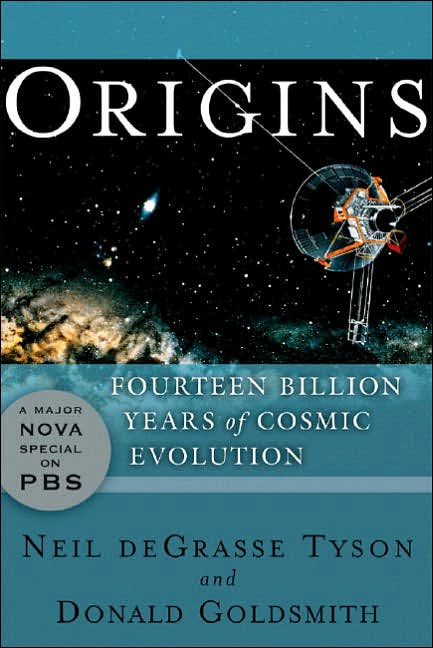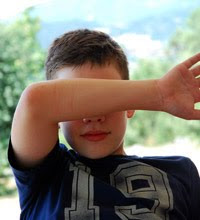For me, it was quite an enlightening trip. I saw things that I never expected to see in my lifetime. After such a large break devoid of writing I have been itching to make a new post as soon as possible. And what better way to return than to an anniversary? Well I'm not sure whether 20 is such an important number but it is for me. I started this blog on the 12th of January this year and I have had quite a positive feedback. What I wrote during these 9 months and even during my examinations continues to astound me in a positive way of course. But enough flashbacks, its time for what you came here to read.

A year ago, is probably the time when Facebook took over my life. It started the way it always starts. Slow. My colleagues were talking about it, telling me that everyone already had an account. I tried to avoid the peer pressure but with no luck. A few days later I had an account with all my personal information on it. This, it seems, is the main problem that the executives at Facebook have to deal with. It so easy for strangers to find your profile, learn your name and see your personal photos. In an attempt to solve the problem, privacy options were made available. Although this secured most accounts from identity theft, it did not prove to be the solution. Mark Zuckerberg, CEO and founder of Facebook has continually appealed to users about fixing the site's mistakes. Even though some users continually have strangers commenting on their profile photos they continue to be oblivious to it. 500 million people are using Facebook worldwide. That, my friends, is almost twice the population of the United States. Most of these people use it an average of 3 hours per day. The biggest proble is teenagers such as myself. They spend more time on Facebook these days than outside of the house. I thank God that I came to my senses.
I cannot argue about the positive points that Facebook developed during it's 6 year life. Connecting people across the world from China to Brasil. Wherever you are, at any time, you can always find people to talk to and share your experiences. There is a huge risk in that but people have been aware of it ever since the World Wide Web came into existence. People are not what they seem over the Internet.
However if you mull it over Facebook has not introduced much in the way of new things. It has just grouped many of the services that have been available on the internet for some time in one single place. MSN was the first in the way of almost instantaneous chat. MySpace had been founded a year before Facebook was although it is now less popular than the latter. I always wondered what the difference between the two is. I'll probably never find out.
 |
| Spend too much time on Facebook - and this is what |
What I found most addictive was probably the flash games that are available free of charge to every user. These would-be mmo's include Farmville, MafiaWars, Cafeville and many others that are known to all the readers. Just as 500 million other people I got myself addicted to these games. I simply could not stop playing them even though many people such as my parents told me there were dumb. And they were right though I did not realize it at the time.
And it stayed this way for 4 months. For all that time I did not even make a single attempt to restrict my time on the website. Finally on the fateful day of Christmas my parents made me close my account.It was quite painful and almost impossible to do. Such a simple task requires you to click about one thousand ACCEPT and two million ARE YOU SURE? YES!! Quite a mystery why registering is a much easier process hmm?
So is Facebook good or bad? I'll let you decide dear reader. All of you are probably already registered so I plead with you to restrict the time you check your status or the time you spend 'poking' someone. Do it for your well-being.






